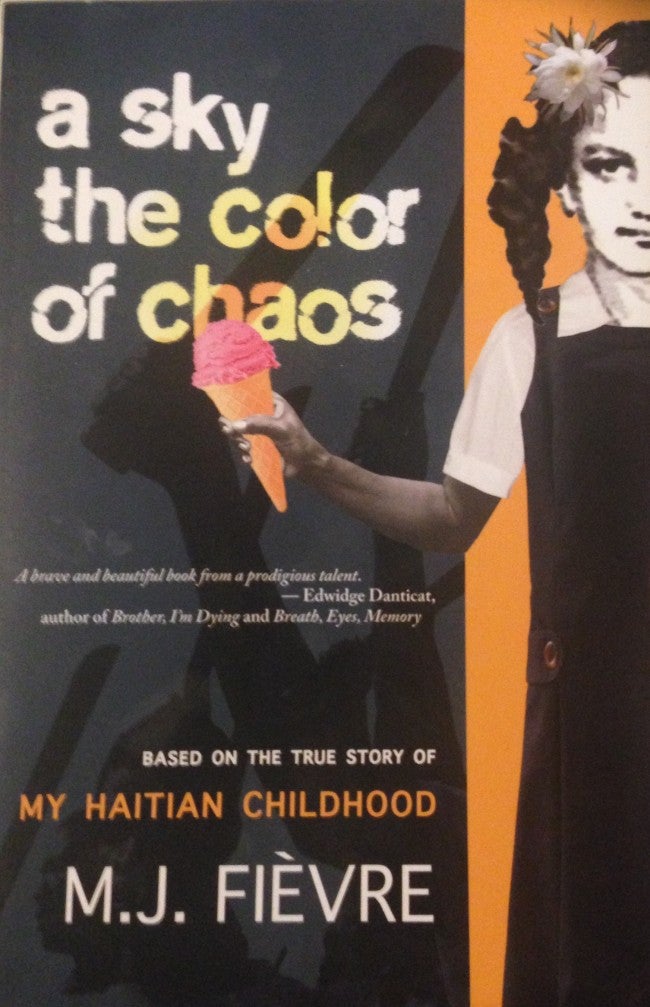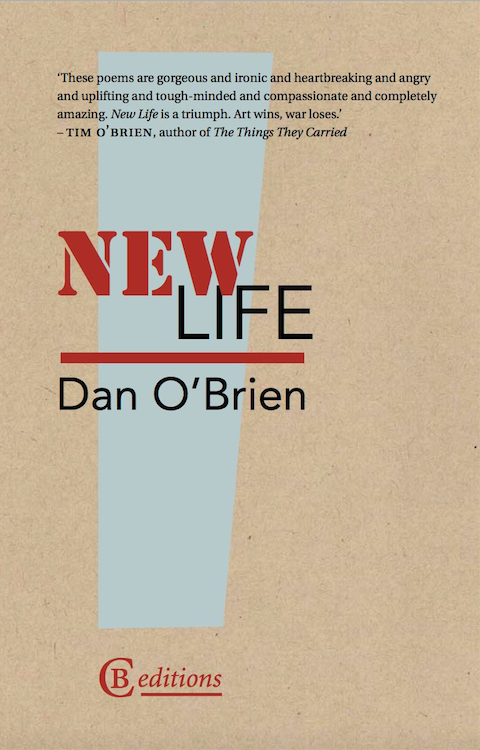Coping With The Shame of the Books You’ve Outgrown
How do we honor the books we no longer identify with that once felt like the perfect articulation of our being? My strategy for the longest time has been to simply not reread them. But that sort of willful ignorance just doesn’t feel sustainable. There has to be a way to honor what the book once did while still problematizing its contents.
Coping With The Shame of the Books You’ve Outgrown Read More »
How do we honor the books we no longer identify with that once felt like the perfect articulation of our being? My strategy for the longest time has been to simply not reread them. But that sort of willful ignorance just doesn’t feel sustainable. There has to be a way to honor what the book once did while still problematizing its contents.








